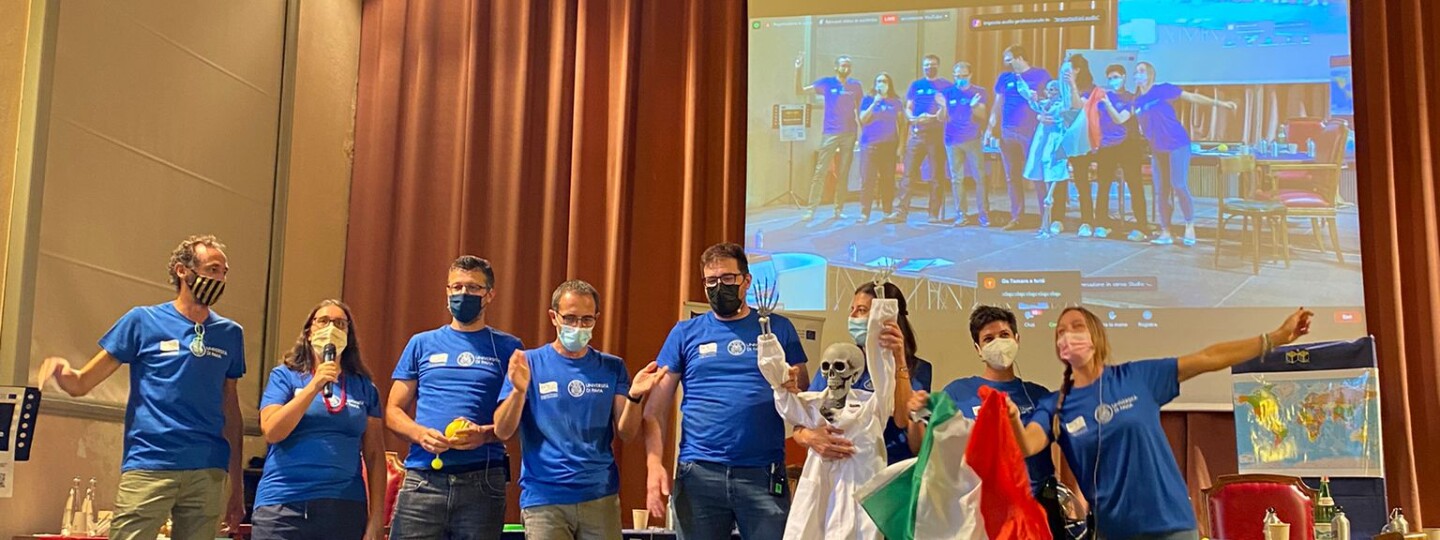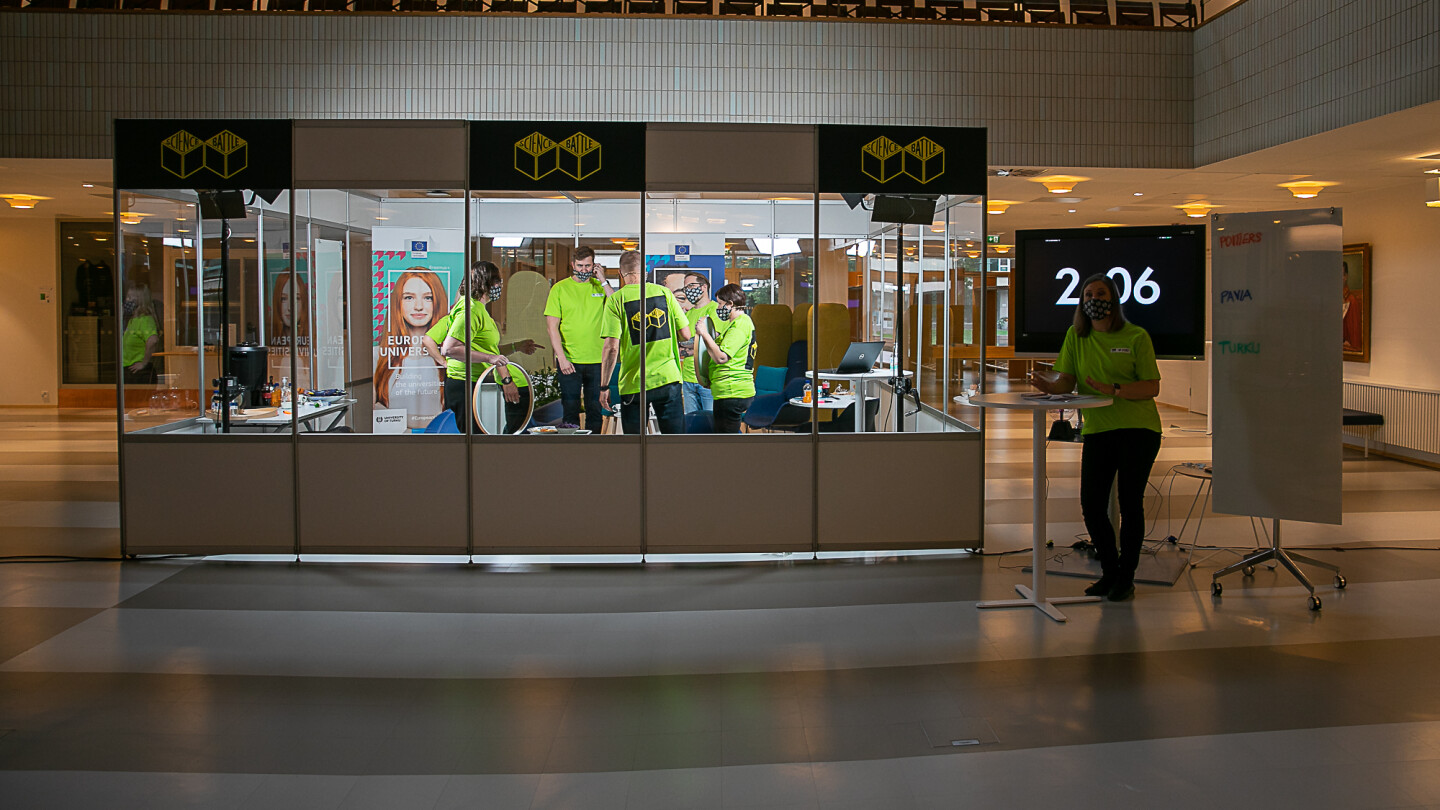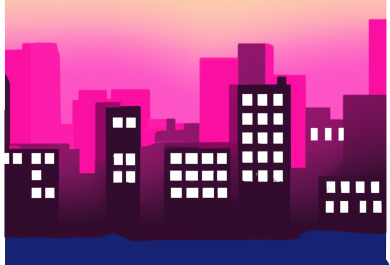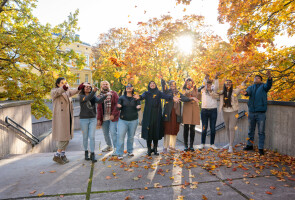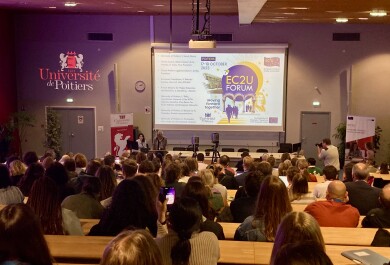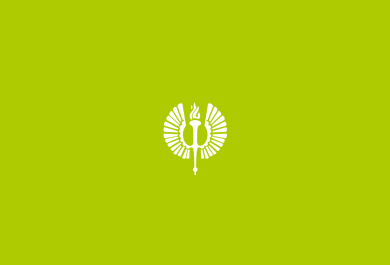The University of Pavia won the first ever EC2U Science Battle, thanks to their audience votes in particular. The other participants of the battle, Universities of Turku and Poitiers received points almost at the same pace in the tight competition. The winner, the University of Pavia, will challenge the winner of next year’s battle in the final competition in 2023.
Can a blind person see colours in their sleep? Can the existence of Loch Ness monster be explained through scientific means? If time travel was possible, would there exist one or several timelines? These questions, among others, were presented to the researchers of the University of Pavia (Italy), University of Poitiers (France) and University of Turku to find answers for through the methods of science. The Science Battle competition of the EC2U alliance of seven European universities was fought on the European Researchers’ Night on Friday, 24 September at 4pm Finnish time. The competition was organised though remote connections, via Zoom.
Science Battle Brought Together Researchers from Different Disciplines
Science Battle was developed at the University of Turku in 2016. The joint European version has been developed together with the six other universities of the European Campus of City-Universities alliance (EC2U). Next year, the Universities of Coimbra, Iasi, and Jena will have their turn to compete against each other. On the Researchers’ Night of 2023, the final competition will be fought between the winners of the opening rounds, the Italian University of Pavia and the winner of 2022.
The team of the University of Turku included Senior Researcher Kimmo Elo from the Centre for Parliamentary Studies, Research Director Aki Koponen from the Centre for Collaborative Research of Turku School of Economics, University Research Fellow Teija Koskela from the Department of Teacher Education, Doctoral Student of Ethnology Johanna Latva, Academy Research Fellow Emilia Peuhu from the Institute of Biomedicine, and University Lecturer Veli-Matti Vesterinen from the Department of Chemistry.
The University of Pavia and University of Poitiers are both old European universities with history spanning hundreds of years. The teams of both universities comprised of multidisciplinary groups of researchers from the disciplines of e.g. physics, economics, mechanical engineering, anthropology, and psychology.
Competitors’ Devotion and Co-operation Received Praises from the Judges
In Science Battle, the researchers faced questions sent by the audience in advance. They had a couple of minutes to solve each question. The answers were awarded points by a panel of judges which consisted of experts from the other EC2U universities, the Universities of Coimbra, Iasi, Jena, and Salamanca. The teams could use three lifelines to help themselves: phone a friend, search the web, and ask the audience. The were awarded points both for the scientific reasoning behind their answers as well as their entertainment value.
The researchers faced the challenge of trying to answer would a person be able to see 200,000 coronaviruses located next to each other with their naked eye and why clothes become darker when they are wet even though water is transparent. They also got to ponder why some food cause allergies while other do not. The question “why do children play and adults do not?” was answered by the teams with a reference to the event: adults play, too, as the Science Battle itself was also playing.
According to the competitors, unlike in Science Battle, in real research work, the research questions are determined by the researchers themselves. The favourite question for many was the question on time travel, as it allowed the researchers to think about the topic broadly from both a physical and philosophical starting point. The judges praised the competitors’ quick team work skills and ability to think about the questions from outside the box. They also applauded the demonstrations used by the competitors to explain their answers.
